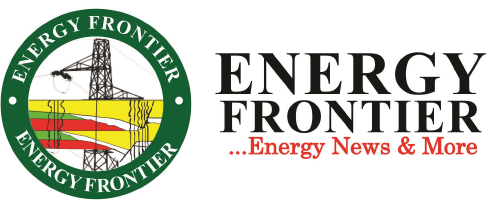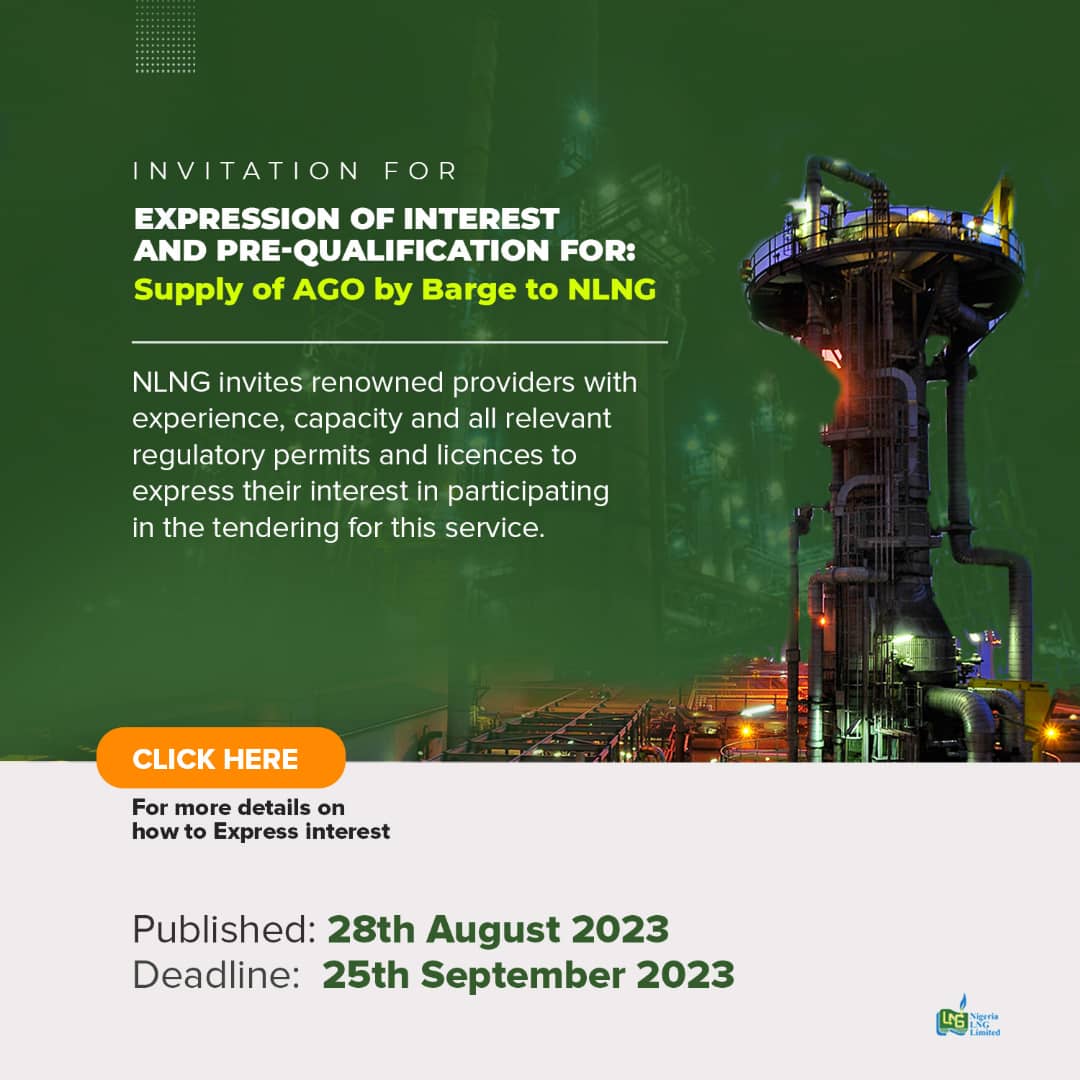The Group Managing Director, GMD, of the Nigerian National Petroleum Corporation, NNPC, Mele Kyari, says the 650,000 barrels per day, bpd, Dangote Petroleum Refinery as well as other modular refineries in the country would mitigate Nigeria’s demand for petroleum products, which is projected to grow massively in the nearest future.
Speaking at the 15th Oil Trading and Logistics, OTL, Africa Downstream Week in Lagos, Kyari said NNPC Refinery’s 445,000bpd, Dangote Refinery’s 650,000bpd and the 250,000bpd expected to come from the Condensate Refineries through the private sector partnership would supply the requirement of Premium Motor Spirit, PMS, needs in Nigeria.
Kyari’s position only corroborated that of President of the Dangote Group, Aliko Dangote who said he was dissatisfied with the fact that Nigeria is a leading Oil Producer but imports all her petroleum needs.
Dangote who was speaking on his mega refinery project in Lagos said it was the unsavory situation the nation found itself that motivated him to take up the challenge of embarking on the construction of the gigantic refinery project, which according to him is one of the biggest in the world.
It is expected that some 29,000 Nigerians would be employed in the refinery when completed, which would also help in the employment generation drive of the federal government.
The NNPC boss who was represented by the Group Executive Director, Downstream, Adeyemi Adetunji, explained that the diversification of NNPC’s portfolio through acquisition of 20 per cent equity, valued at $2.6 billion, in the 650,000 bpd Dangote Refinery located in the Lekki Free Trade Zone would facilitate national energy security and guarantee market for Nigeria’s 300,000 bpd production.
“NNPC is adding 215,000 BPD of refining capacity through private sector driven co-location at the existing facilities in Warri Refining and Petrochemical Company, WRPC, and Port Harcourt Refining Company, PHRC, respectively. Modular refineries are also adding capacities such as the 5,000bpd Waltersmith refinery, which will be upgraded to 50,000bpd”, he said.
“Additional 250,000 BPD is expected to come from the Condensate Refineries through the private sector partnership. The co-location and Condensate refineries will close the PMS supply-demand gap and create positive returns to the investors,” Kyari added.
He said the Corporation has progressed with the Refineries Rehabilitation Programme to boost its participation in the oil & gas value chain by awarding the $1.5 billion Port Harcourt rehabilitation contract with the commitment to deliver on Warri and Kaduna Refineries.
On gas commercialisation effort, Kyari said the Federal Government has declared 2021-2030 as the decade of gas development in Nigeria adding that the demand for natural gas could grow about four times over the next decade, increasing from 4.8 billion cubic feet per day (bcf/d) in 2020 to between 10 to 23 bcf/d in 2030. Currently, supply to the domestic market is estimated at 8bcf/d to power, 0.77 bcf/d to industries, and about 54 bcf/d flared, while 3.2 bcf/d is exported through the LNG and the West Africa Gas Pipeline, WAGP.
On the global oil market outlook, Kyari said, “Some $10.4 trillion global stimulus in response to the COVID-19 pandemic has led to the rebound in consumers’ spending while incentives for long-term investments in hydro-carbon have waned.” He noted that Nigeria’s oil and gas industry has been in transition prior to the passage of the Petroleum Industry Bill (PIB), in response to the global energy transition and decarbonisation initiatives.
He explained that the transition in Nigeria’s oil and gas sector was being driven by the global decarbonisation efforts to switch to renewable energy in response to environmental concerns adding that as investments in hydrocarbon continues to wane due to energy transition and geopolitics, the world economy would face shortages, high energy prices, rising inflation and sluggish growth.





















